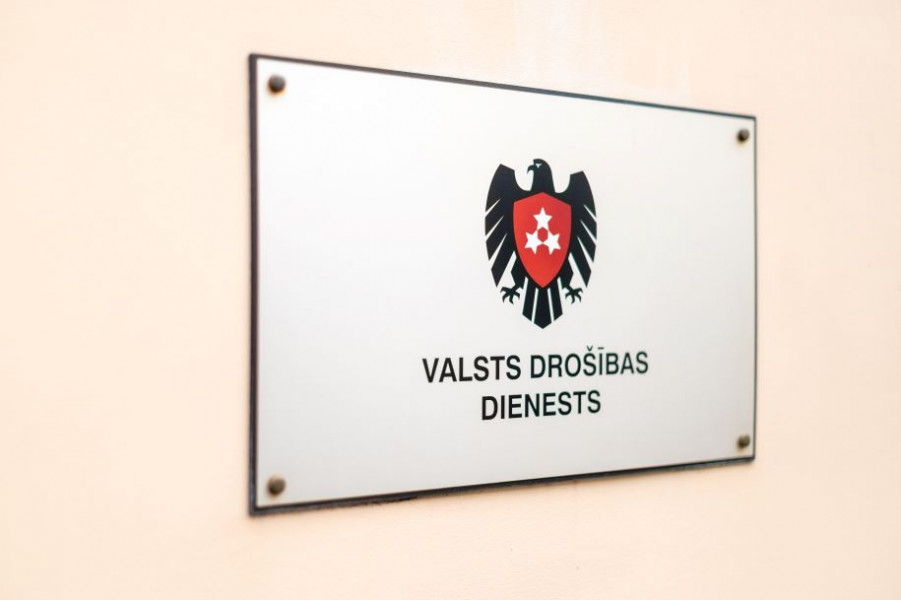
Reacting on Russia’s aggressive foreign policy and crimes against Ukraine, the Minister of the Interior of Latvia Marija Golubeva, following Latvian State Security Service (VDD) recommendations, has passed the decision to include 41 foreigner in the so-called blacklist.
VDD has established that the activities carried out by these persons may pose threat to Latvia’s national security.
Since the beginning of Russia’s invasion into Ukraine on February 24 this year, following VDD recommendations, altogether 56 foreigners have been included in the so-called blacklist or the list of foreigners who are prohibited from entering the Republic of Latvia. 20 of the blacklisted persons are Russian citizens, eight – Belarusian citizens and 28 – citizens of other countries that are carrying out activities in favour to Russia and Belarus. Prohibition to enter Latvia for the blacklisted persons is of indefinite duration.
Information at the disposal of VDD indicates that these persons possibly have engaged in intelligence gathering or provided support to attain Russia’s foreign policy interests. There are persons among the foreigners who express their support to Russia’s military aggression against Ukraine.
VDD continues to pay particular attention to foreigners, especially Russian and Belarussian citizens who have come the attention of VDD and who are suspected of carrying out activities in favour of countries hostile to Latvia. After establishing the circumstances indicating threats to Latvia’s national security posed by particular persons, VDD immediately asks to include these persons in the so-called blacklist or the list of foreigners who are prohibited from entering the Republic of Latvia.
Information prepared by VDD
Illustrative photo, VDD



